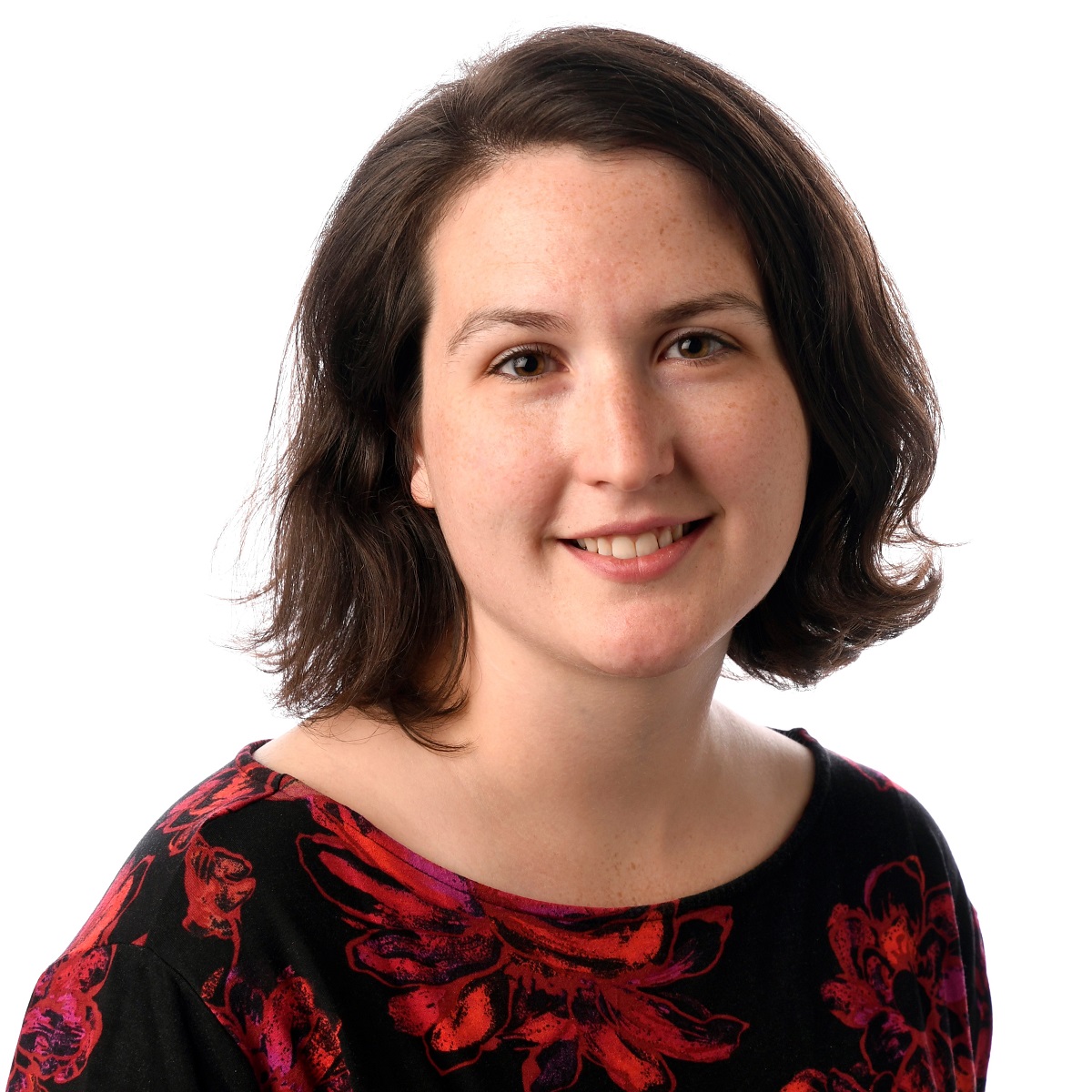Colorado College Assistant Professor of Molecular Biology Sara Hanson recently had a paper published in the journal Yeast with student collaborators Dahao Feng '18 and Juliana Olliff '20.
Both Feng, from Concepcion, Chile, and Olliff, of Bozeman, Montana, are molecular biology majors.
The article, titled "Carbon source requirements for mating and mating‐type switching in the methylotrophic yeasts Ogataea (Hansenula) polymorpha and Komagataella phaffii (Pichia pastoris)" examines mating in methylotrophic yeasts, which are those that can use methanol as a source of energy. These yeasts are commonly used in biotechnology and act as model organisms for important biological processes, such as methanol metabolism and peroxisome biology (that which involves a cytoplasmic cell containing enzymes which act in oxidative reactions, especially in the production and decomposition of hydrogen peroxide).
O. polymorpha and K. phaffii cells undergo the process of mating when two cells of opposite mating-types (called an alpha) fuse. If a cell can't find a mating partner, a process called mating-type switching can occur, in which the cell will produce an identical daughter cell and then rearranges its genome to become a cell of the opposite mating-type. This enables the mother and daughter cells to mate. In these species, both mating and mating-type switching are controlled by specific conditions in the yeasts' environment. Hanson, Feng, and Olliff examined the carbon source requirements for mating‐type (MAT) switching and mating in both species, and found that both switching and mating require a utilizable carbon source that can be either fermentable or nonfermentable.
The research team observed that although methanol can be used as a source of energy in both species, it does not support the induction of switching or mating. The results provide insight into the nutritional cues that influence entry into sexual processes in methylotrophic yeasts.
"Colorado College students are integral to my research program, and are involved in every aspect of experiments, from design to execution to analysis," says Hanson. "This gives the students invaluable experience that they can take with them beyond CC, no matter what career path they pursue."
Hanson received her Ph.D. in an interdisciplinary program in genetics from the University of Iowa, and was a postdoctoral research fellow at the Conway Institute at University College Dublin. An evolutionary geneticist, Hanson is interested in how the evolution of genes and genomes is shaped by sexual processes. Her work uses genetics and genomics methods to examine these processes in Saccharomycotina, a group of yeast species related to the baker's yeast Saccharomyces cerevisiae.






